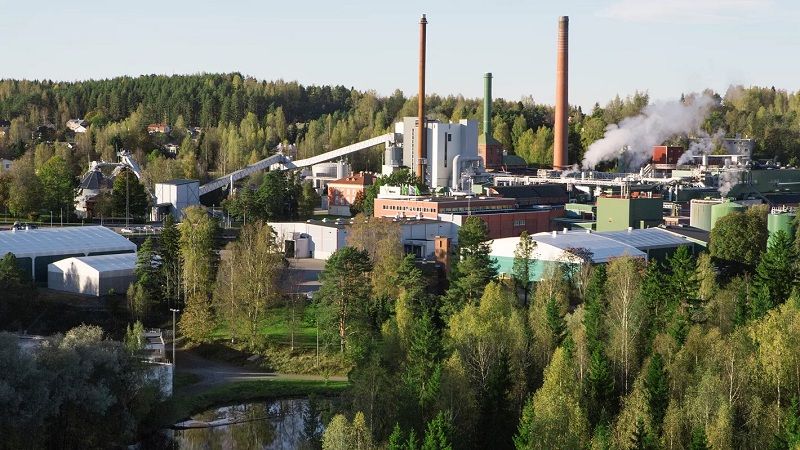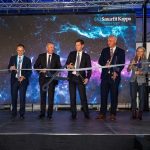The expansion of the backpressure turbine and generator at the biopower plant will further increase Metsä Board‘s Kyro mill’s fossil-free electricity generation, enabling the board mill to reach its sustainability goals.
November 17, 2022

Metsä Board’s Kyro mill is making efforts to enhance its fossil-free electricity generation. The paperboard manufacturer will invest in a new backpressure turbine and generator at its biopower plant at the Kyro mill. Presently, the biopower plant generates one-third of the electricity consumed by the mill.
After the said investment in the new turbine, the share of captive power produced will rise to 50 percent. The Kyro mill is self-sufficient in heat. Moreover, 85 percent of the mill’s electricity consumption is fossil-free. Since the share of fossil-fuel-based electricity would further decrease after the investment, the mill would become more fossil-free in terms of electricity.
Watch: IVAX Paper Chemicals Interview
About the investment, Mr. Petri Huiko, VP Metsä Board Kyro, says, “By increasing the share of fossil free electricity, we are becoming more climate sustainable. The investment will also improve the safety of electricity work in the mill area and the predictability of the mill’s electricity costs.”
The expansion of the biopower plant is projected to be completed by the end of 2024. In this modernisation and expansion project, the electrical equipment will also be replaced. Due to this, electricity production will be interrupted for about three months at the unit but heat production and the running of the board machine will sustain its operations.
Also Read: Metsä Group Putting Emphasis on a Sustainable Supply Chain
Metsä Board Kyro mill produces high-quality fully coated folding boxboards for packaging and printing segments. The mill only uses its own pulp in its production: BCTMP pulp from Metsä Board’s Joutseno and Kaskinen mills, and chemical pulp is sourced from Metsä Fibre’s mills. The recent investment is significant for Metsä Board’s vision of achieving completely fossil-free mills and products by the end of 2030.



